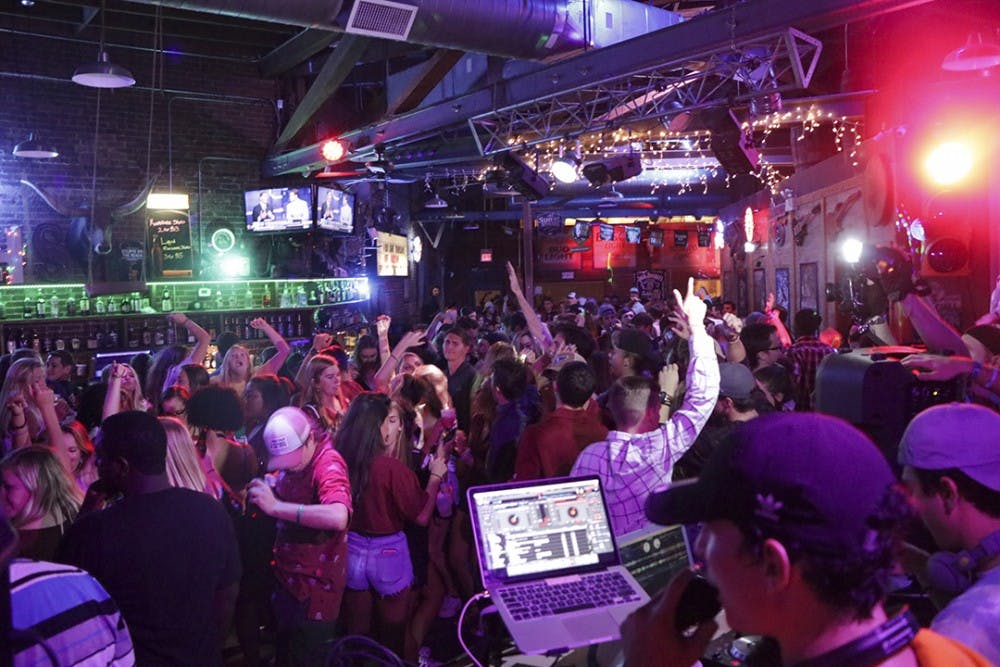If you are currently a student at USC, you have definitely noticed some changes within this school year and the previous school years. With the closing down of multiple Five Points bars over the summer, stricter ID scanning and a greater police presence in Five Points, there seems to be a change happening around bar culture.
While USC may be switching its drinking scene from bars to parties, another larger change is taking place on campus. USC is starting its change from a party school to a primarily academic school.
USC is a university, first and foremost, which means it should focus on promoting and developing its academics, post-college employment rate and the rankings of its majors. We already have the No. 1-ranked undergraduate international business program, which gives USC a global presence. On top of that, we also have the No. 1-ranked exercise science Ph.D. program and the nation’s best public honors college, among other top accolades.
Our College of Hospitality, Retail and Sport Management houses top programs, including its Capstone programs, that complete and coincide with real-life work opportunities. These programs also give students opportunities to gain extra experience beyond the normal classroom.
On top of this, our student body has grown drastically within the past 10 years and the university and the city has to build infrastructure to house and teach all of these students. That brings lots of revenue in for the city and changes the overall perspective to incoming students, and may increase the city’s reputation and status among different communities. There is also a slowly emerging art scene in Columbia that could surface within these conditions.
With a growing reputation of our school in academia, students should embrace this change. If our school is ranked higher and each of our programs are more respected, we will be looked upon more highly while attempting to get future jobs and setting our careers. On top of that, more opportunities will be brought on campus for students to develop themselves and more resources will be available for students academically, socially and culturally. When universities transition, they have to look at students for advice on how to mitigate problems, and this should truly give students more of a platform to speak about on-campus issues such as mental health and housing concerns.
Another interesting change going on campus is construction on Greene Street. Greene Street will be converted “from a four-lane and two-lane roadway to a three-lane curb and gutter roadway with sidewalks and dedicated bike lanes from Huger Street to Gadsden Street. Additionally, it includes a new bridge over the Norfolk Southern and CSX railroads to reconnect Greene Street, which will also run in between the two Greene Crossing apartment complex buildings.” This will change student transportation entirely, putting more of an emphasis on biking and also making it easier to walk to places. Making campus more accessible to off-campus students promotes studying on campus and joining student organizations.
As students, we may dislike or like the change, but it seems to be inevitable. Either way, this transition isn’t likely to fully take place within the years while we are in college. Each of us will be 21 at some point. Nonetheless, college is a time for self-discovery, so you should take advantage of it anyway that’s possible, even if that means going downtown every night.

